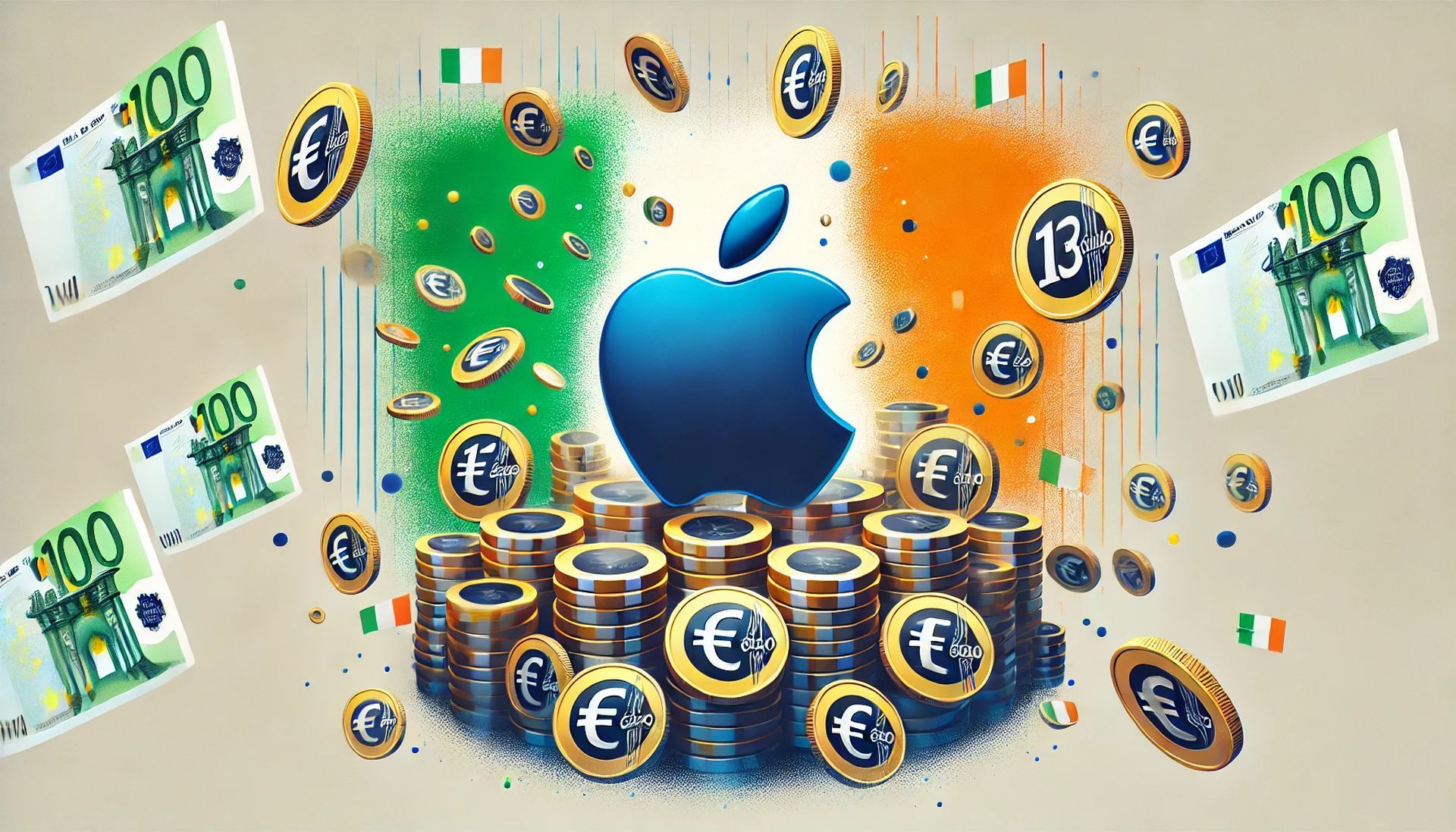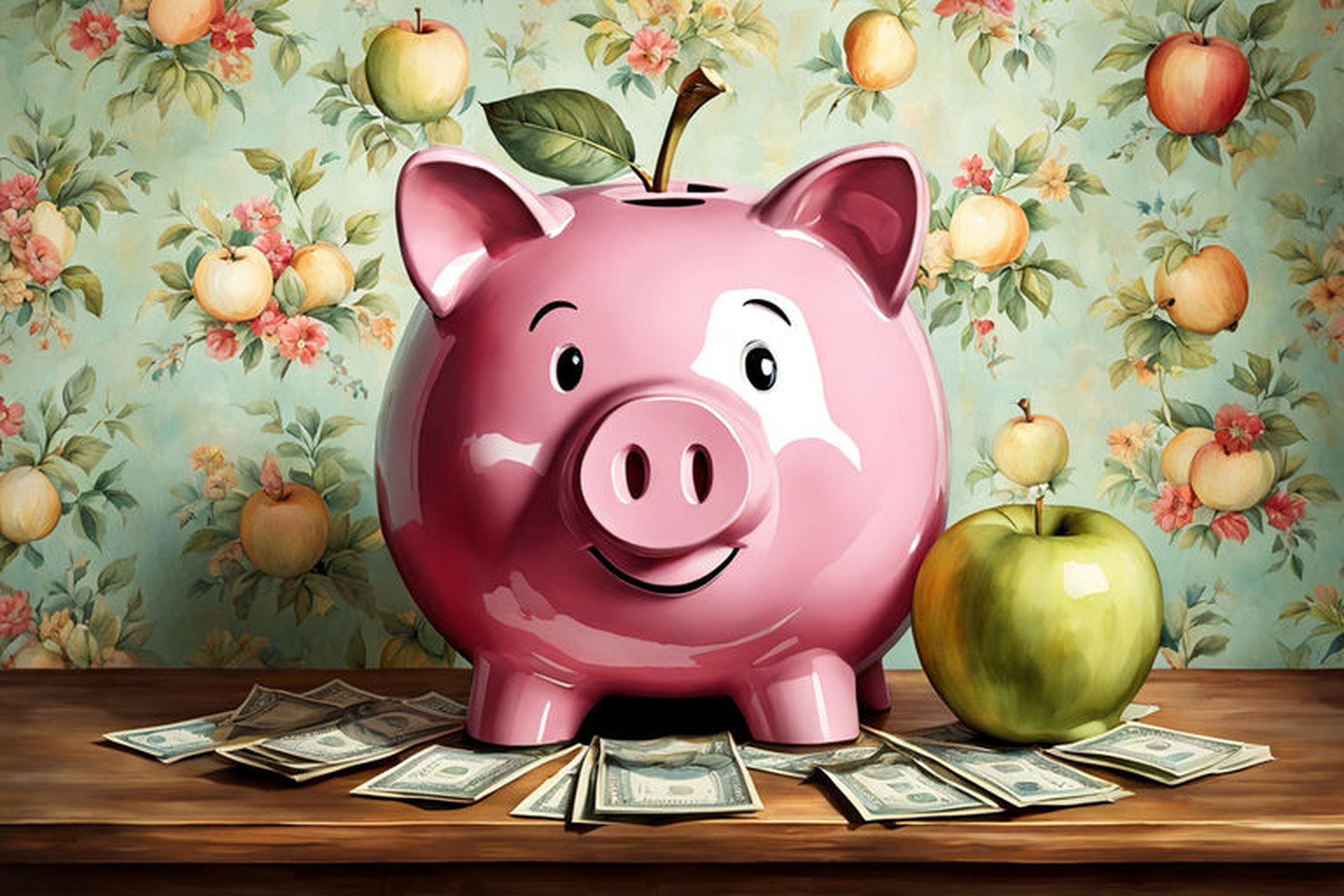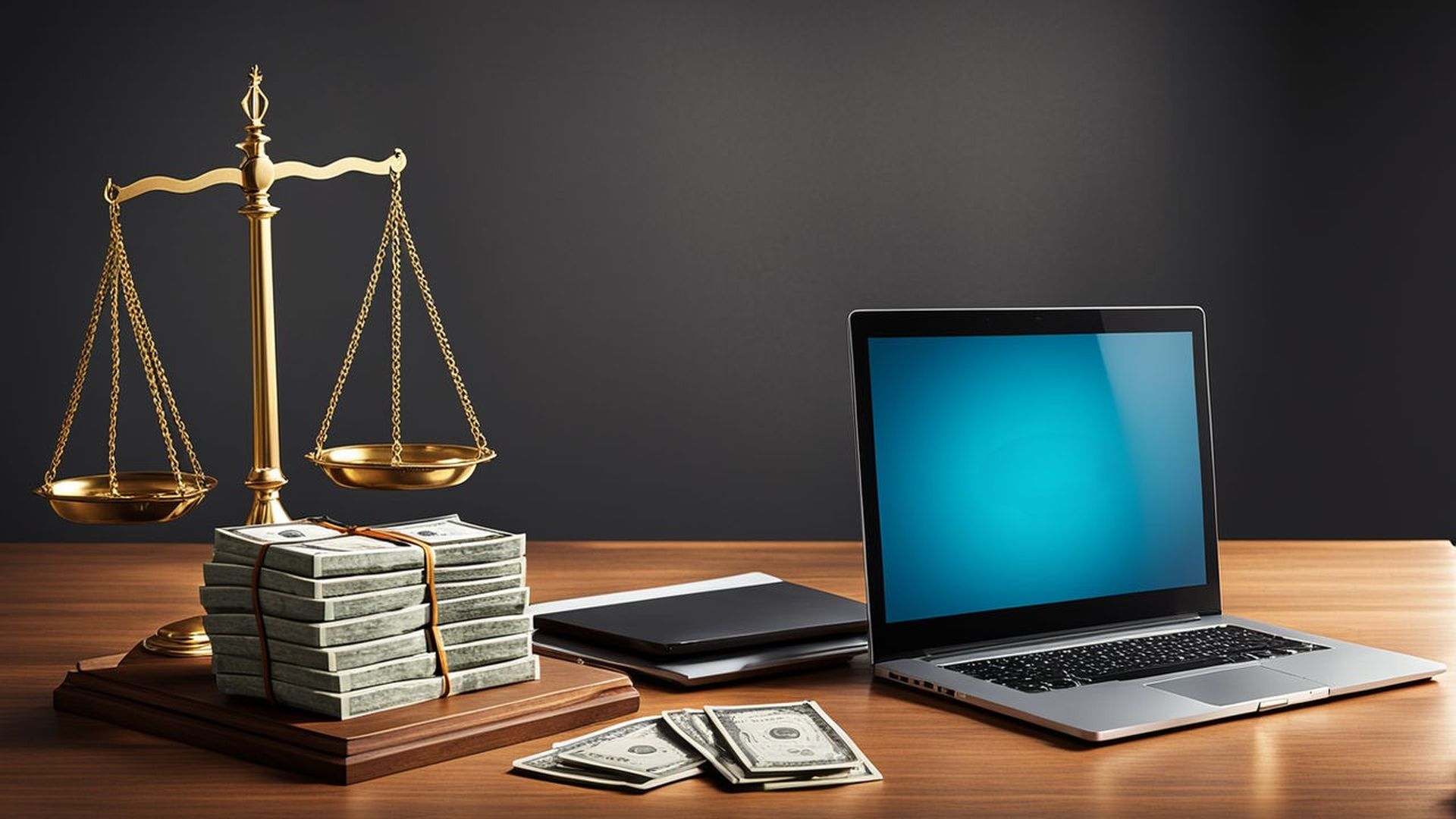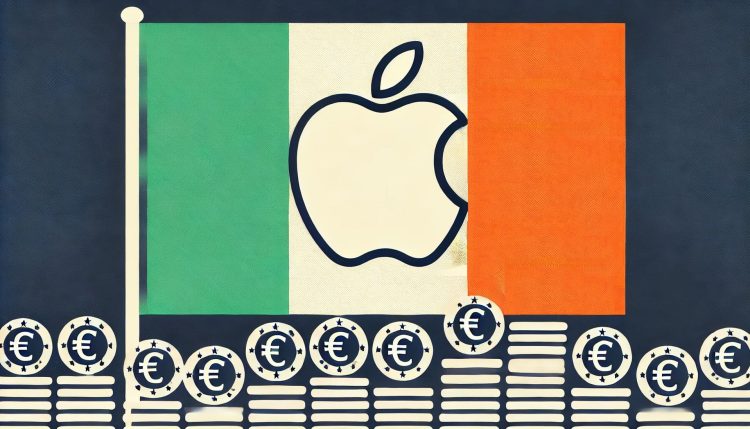Apple’s €13 billion tax bill to Ireland has been the subject of legal dispute for years. On Tuesday, the European Union’s highest court gave its final ruling. The European Commission’s ruling confirmed that Apple received unfair tax benefits from Ireland. After 8 years, the process that began in 2016 and forced the tech giant to pay back a significant amount of money has ended in this way.
The court’s ruling means that Apple will have to pay around €13 billion ($14.4 billion) in back taxes to Ireland – a major sum that has attracted a lot of attention. But how did this tax issue turn into such a heavy fine?

Apple’s €13 billion tax bill is like a country’s foreign debt
Apple’s €13 billion tax case, the size of a small country’s foreign debt, first came to the fore in 2016 when the European Commission ordered the company to repay the amount to Ireland. The Commission’s claim was based on the allegation that Apple received “illegal” state aid through favorable tax arrangements. For more than two decades, Apple had its European headquarters in Ireland and in some years enjoyed a corporate tax rate as low as 1%. According to the Commission, this gave the company an unfair advantage over competitors that paid higher tax rates.
Apple and the Irish government were quick to appeal the decision. Both sides appealed in 2019, insisting that there was no special treatment. However, the latest decision by the European Court of Justice (ECJ) rejected the appeal, upholding the European Commission’s initial decision. Margrethe Vestager, the EU’s competition commissioner, hailed the ruling as a win for European citizens and emphasized that Ireland had unlawfully assisted Apple and that this assistance should be withdrawn.
"Today is a big win for European citizens and for tax justice.
The Court of Justice confirms that Ireland granted Apple unlawful aid which Ireland now has to recover, and the Commission's decision in the Google Shopping antitrust case."
— Executive Vice President @vestager pic.twitter.com/1Fko0F66S2
— European Commission (@EU_Commission) September 10, 2024
At first, one might wonder why Ireland is appealing this decision. As a result, Apple’s €13 billion tax debt will be paid to Ireland. Ireland’s policy is very much in line with the adage “You have to spend money to make money”. Thanks to Apple, the country could earn much more than this amount.

What Ireland and Apple are saying about the case
Despite the ruling, Ireland has not changed its position. In a statement, the Irish government argued that no company, including Apple, has received preferential tax treatment. Ireland insists that the case is of historic importance and that its tax policies are in line with European law.
Apple, for its part, expressed disappointment. The company issued a statement reiterating that the dispute has never been about how much tax it should pay, but which country it owes tax to. Apple maintains that it has always paid all taxes owed in every country in which it operates and has never received special tax deals. It’s unclear if Apple will keep operating in Ireland the same way after the decision. It could also set a precedent for other tax cases in EU countries.

What this means for Apple and the European market
Apple’s €13 billion tax payment is part of a bigger story about big tech companies and their role in the EU. Earlier this year, Apple was also accused of violating the EU’s new technology competition law. This suggests that tech giants in Europe are facing more regulation. Apple’s future in Europe may face challenges due to these decisions, but the company continues to deliver its technology products and services. Apple is still strong in Europe’s competitive tech market, even if it faces tax issues.
The EU’s decision shows that tax rules will be strictly applied to large companies in the region. Attempts to avoid paying fair taxes can lead to major penalties. It remains to be seen how this will affect Apple’s operations in Europe, but one thing is certain: tech companies are now being held to stricter standards.
Featured image credit: Furkan Demirkaya / Dall-E





